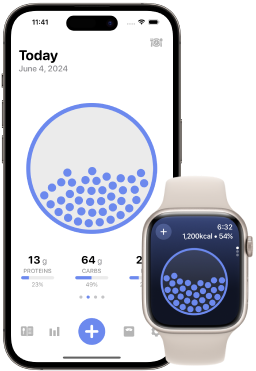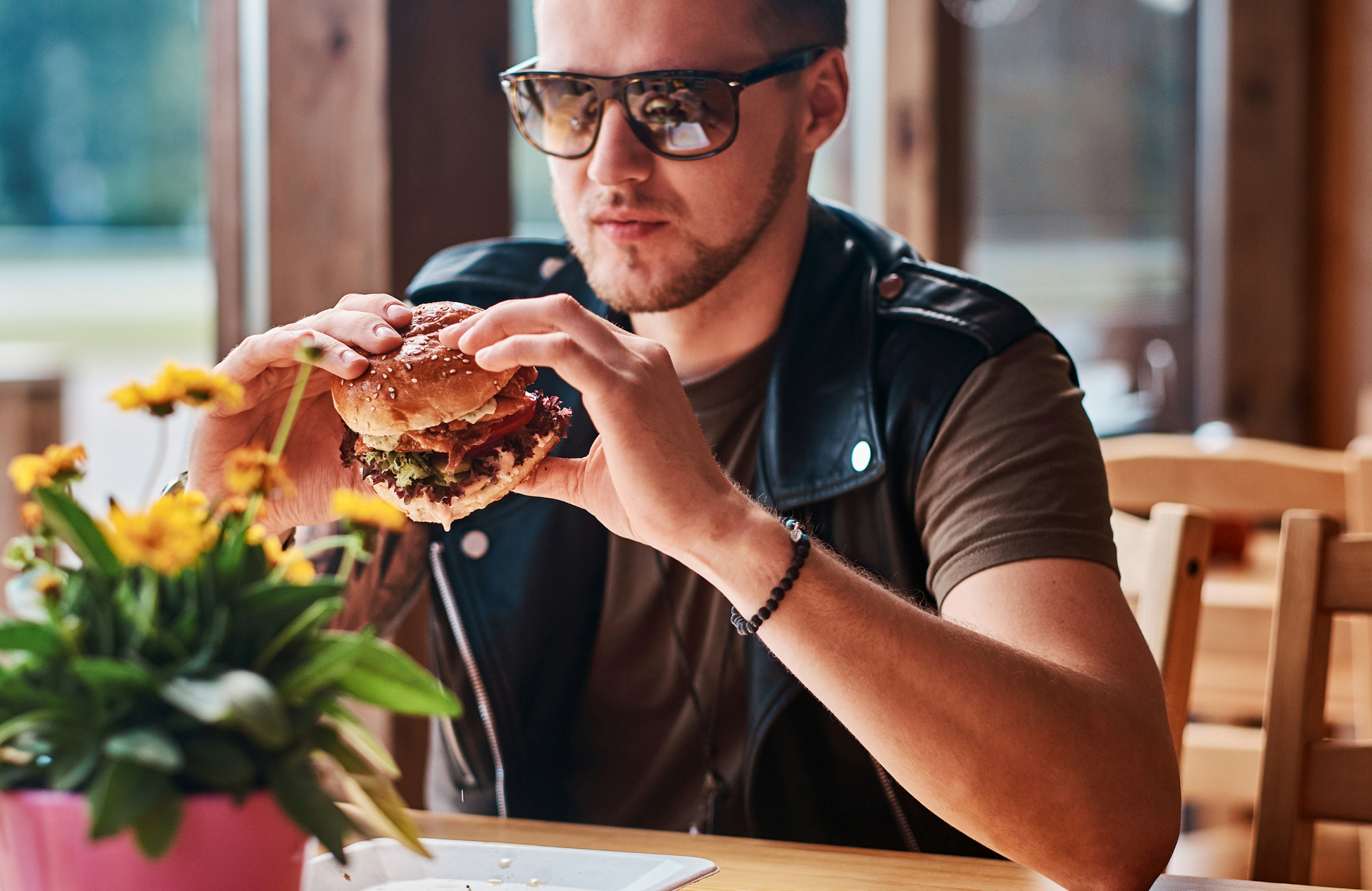
Why Am I Still Hungry After Dinner?
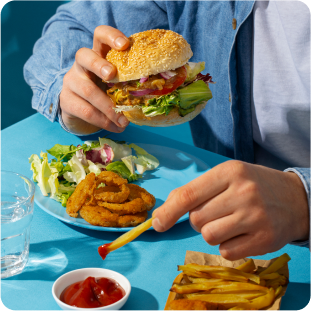
1. You’re Not Consuming the Right Nutrients
A full plate does not always equate to a full belly. When dinner doesn’t include the appropriate mixture of macronutrients, protein, fiber, and good fats, you could be hungry before long. This is why: Protein: Keeps you satiated for longer by suppressing production of the hunger hormone ghrelin. Fiber: Delays digestion and makes you feel full. Healthy Fats: Slow to digest and assist in the regulation of hunger hormones. If your dinner consists primarily of carbs (pasta, rice, bread) with not much protein or fat, your blood sugar will shoot up and crash fast, leaving you hungry shortly after. To correct this, add a source of lean protein (chicken, tofu, fish), some fiber-rich veggies, and healthy fats (avocado, nuts, olive oil) to your dinner.2. You’re Eating Too Quickly
Do you tend to finish your meals in 5-10 minutes? Eating too quickly doesn’t allow your body time to know that it’s full. It takes the brain around 20 minutes to catch up with the signals from your stomach, so if you’re eating dinner too fast, you may still be hungry just because your brain hasn’t caught up yet.
Correct it: Try slowing down by chewing your food well, putting your fork down between bites, and enjoying each bite. This not only aids digestion but also makes you feel more satisfied with less food.

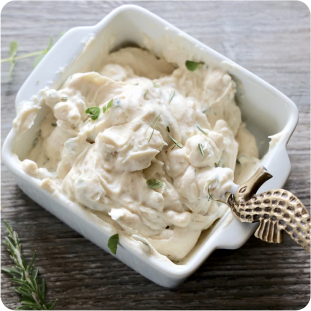
3. You’re Not Eating Enough Volume
Most of the other times, portion sizes can be misleading. If your food is calorie-rich but not voluminous (a small steak with a small side of mashed potatoes, for example), you might feel hungry physically even though you’ve consumed adequate calories. To have a more satisfied meal, include more volume but fewer calories in your foods such as vegetables and fruits. A large bowl of greens, cucumbers, peppers, and a protein source is going to satisfy you much more than a small portion of a high-calorie meal.4. Your Blood Sugar Levels Are Fluctuating
Carbohydrate-heavy meals lead to quick spikes and drops in blood sugar, so you’re hungry more quickly than you need to be. If you’ve ever had a huge bowl of white rice or pasta for dinner and are starving an hour later, that’s probably the reason.
Replace it with: Choose complex carbs such as quinoa, sweet potatoes, or brown rice over refined carbs. Combining them with protein and fat stabilizes blood sugar and suppresses hunger.
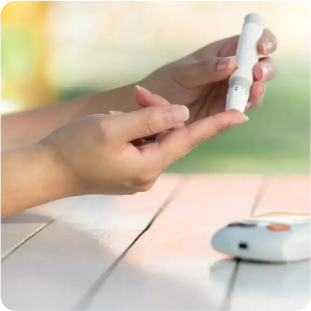

5. You’re Dehydrated
Thirst can confuse you with hunger at times. If you feel hungry after dinner, ask yourself: “Have I had enough water today?” Try this out: Drink a glass of water and wait 10-15 minutes before going for a snack. If the hunger continues, it’s probably real hunger and not thirst.6. Your Meal Timing Is Off
If you wait too long between lunch and dinner, you may start getting hungry by dinnertime and end up eating too fast, overeating, or having an unsatisfying meal. Experiment with more evenly spaced meals. Having a light afternoon snack, such as Greek yogurt and nuts or a banana and peanut butter, will keep you from getting crazy hungry later.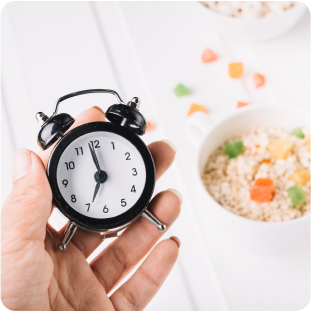

7. You’re Eating Out of Habit, Not Hunger
If you routinely go for dessert or a snack after dinner, it may be habit rather than hunger. Snacking in front of the TV or scrolling through your phone can also leave you less satisfied, as your brain isn’t fully aware of your meal. Break the habit: Take a moment to check in with yourself before you go for food. Are you really hungry, or simply craving something out of habit?8. You are getting enough sleep
Lack of sleep messes with your hunger hormones. When you don’t get enough rest, your body produces more ghrelin (the hunger hormone) and less leptin (the hormone that signals fullness), making you feel hungrier than usual. Aim for 7-9 hours of quality sleep per night. A consistent sleep schedule can help regulate hunger and prevent late-night cravings.
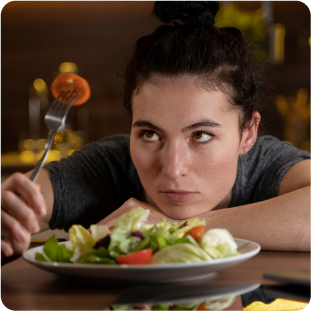
9. Emotional Eating
Stress and emotions can trigger hunger, even when your body doesn’t need food. When stressed, your body produces more cortisol, which can increase cravings for sugary and high-fat foods. Instead find non-food ways to cope with stress, like going for a walk, journaling, practicing deep breathing, or talking to a friend.10. Your Gut Microbiome Is Out of Balance
Your gut bacteria plays a huge role in keeping your hungry or helping you with metabolism. An imbalance in gut bacteria can increase cravings and hunger signals, making you feel unsatisfied even after a good meal. Eat probiotic-rich foods like yogurt, kefir, sauerkraut, or kombucha, and include plenty of fiber to feed good bacteria.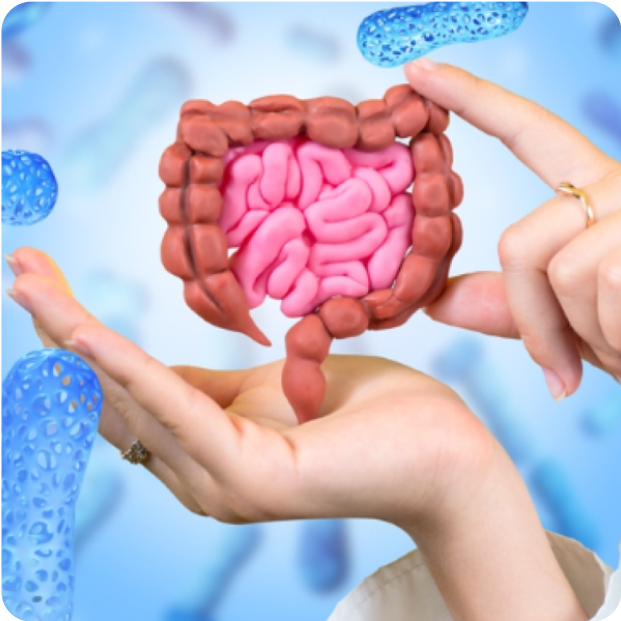
What Can You Eat to Stay Full Longer?
If you’re constantly feeling hungry after dinner, try incorporating these satisfying foods in your meals:Lean protein: Chicken, fish, tofu, eggs
High-fiber foods: Lentils, beans, whole grains
Healthy fats: Avocados, nuts, seeds, olive oil
Low-calorie, high-volume foods: Leafy greens, cucumbers, peppers
Hydrating foods: Watermelon, oranges, cucumbers
Final Thoughts
Feeling hungry after dinner isn’t just about eating more food, it’s about eating the right foods in the right way. By balancing your nutrients, slowing down your eating, staying hydrated, and managing stress, you can help keep those post-dinner cravings in check. Next time you find yourself rummaging through the kitchen after a meal, ask yourself: “Am I truly hungry, or is something else going on?” A little awareness and some smart food choices can go a long way in keeping hunger at bay!
